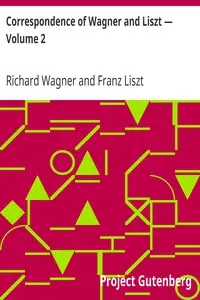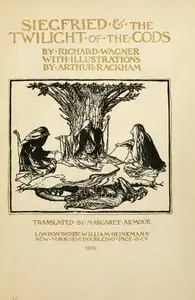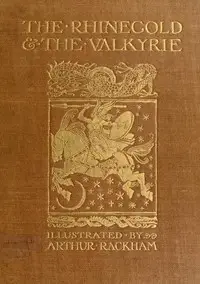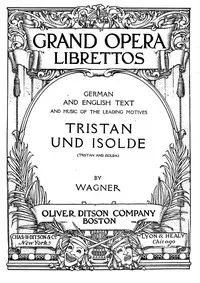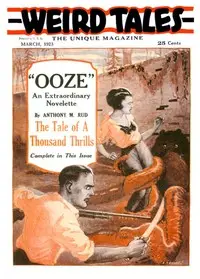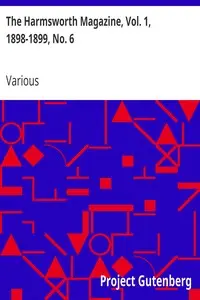"On Conducting (Üeber Das Dirigiren): A Treatise on Style in the Execution of..." by Richard Wagner is a musicological treatise published during the late 19th century. This work aims to provide insights into the art of conducting classical music, focusing on the stylistic execution of musical compositions and the role of the conductor in bringing a score to life. Given Wagner's prominence as a composer and conductor, his observations carry substantial weight in discussions about orchestral performance standards and methodologies. The opening of the treatise outlines Wagner's intentions and frustrations regarding the state of conducting in Germany. He emphasizes the importance of a conductor's understanding of both the orchestra and the music, critiquing the prevalent practices that prioritize routine over artistry. Wagner reflects on the deficiencies in the training and practice of many conductors, addressing the consequences of their insufficient knowledge of style, tempo, and expression, particularly in relation to the works of classical masters like Beethoven and Mozart. He argues for a more nuanced approach to conducting that respects the intricacies of orchestral music, advocating for reforms to improve the execution of classical works and enhance the overall musical experience for performers and audiences alike. (This is an automatically generated summary.)
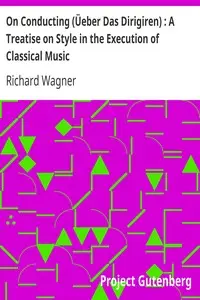
On Conducting (Üeber Das Dirigiren) : A Treatise on Style in the Execution of Classical Music
By Richard Wagner
"On Conducting (Üeber Das Dirigiren): A Treatise on Style in the Execution of..." by Richard Wagner is a musicological treatise published during the l...
Wilhelm Richard Wagner was a German composer, theatre director, polemicist, and conductor who is chiefly known for his operas. Unlike most opera composers, Wagner wrote both the libretto and the music for each of his stage works. Initially establishing his reputation as a composer of works in the romantic vein of Carl Maria von Weber and Giacomo Meyerbeer, Wagner revolutionised opera through his concept of the Gesamtkunstwerk, by which he sought to synthesise the poetic, visual, musical and dramatic arts, with music subsidiary to drama. He described this vision in a series of essays published between 1849 and 1852. Wagner realised these ideas most fully in the first half of the four-opera cycle Der Ring des Nibelungen.


